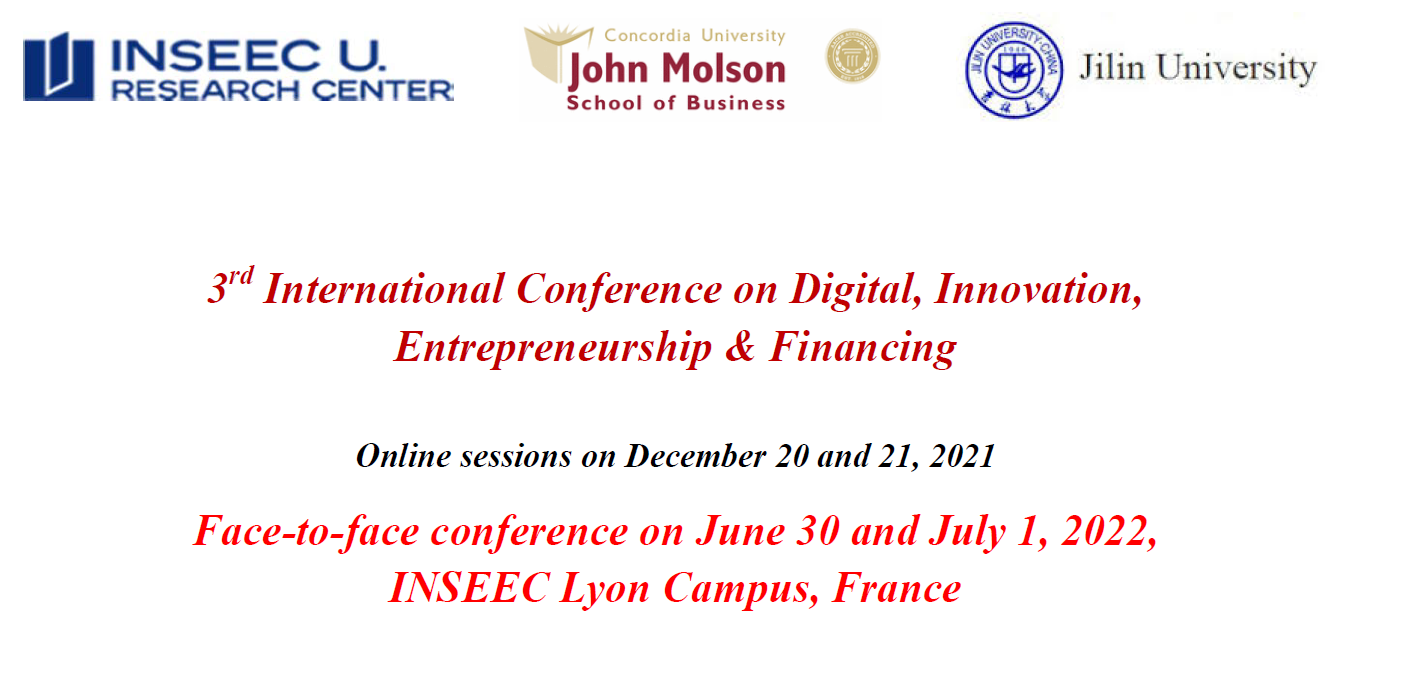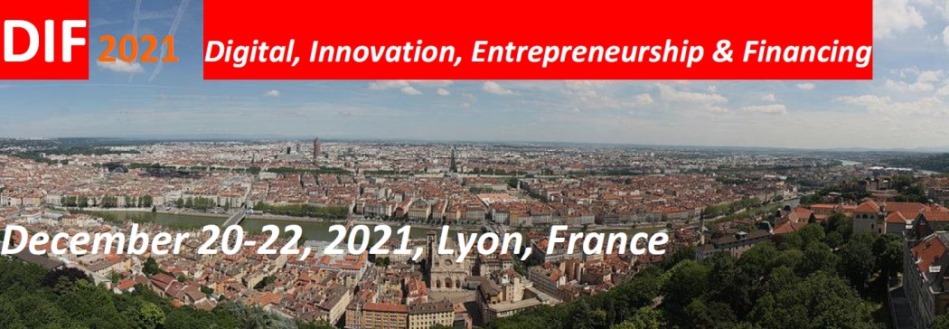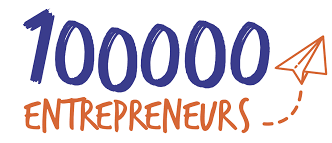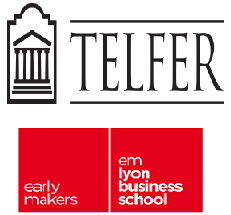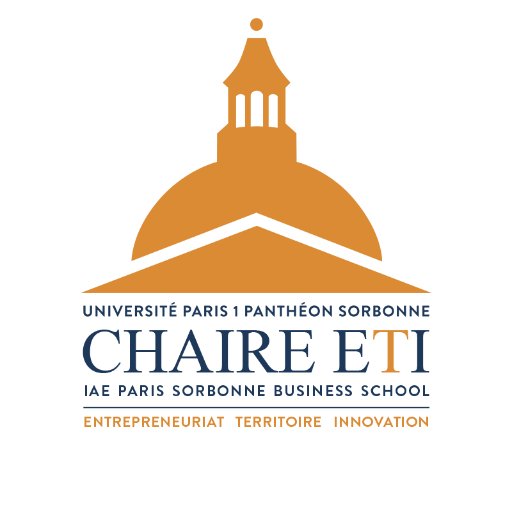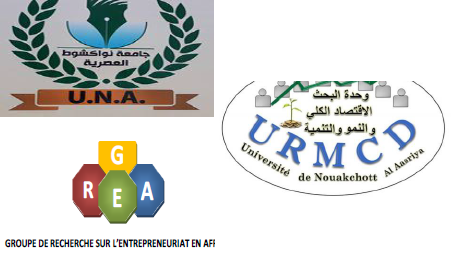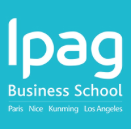RENT Conference – Audencia Nantes – 13 au 15 novembre 2024
Audencia Nantes a le plaisir d’accueillir du 13 au 15 novembre la 38ème édition de la conférence RENT.
Les 13 novembre se tiendront les événements de pré-conférence : PDW, le doctoral day & le Policy Forum.
Les 14 et 15 novembre seront dédiées à la conférence.
Nous espérons vous y retrouver nombreux.
RENT XXXVIII
The Multiple Faces of Entrepreneurship
Embracing the Diversity of Ambitions, Processes and Practices Worldwide
From everyday entrepreneurs to acceleration and growth; from self-employment to collective effort; from the dark side of entrepreneurship to inclusive entrepreneurship; from profitability to sustainability: Let us examine entrepreneurship in its multiple guises and explore the tensions and varying outcomes of entrepreneurial endeavours in their unique context of occurrence.

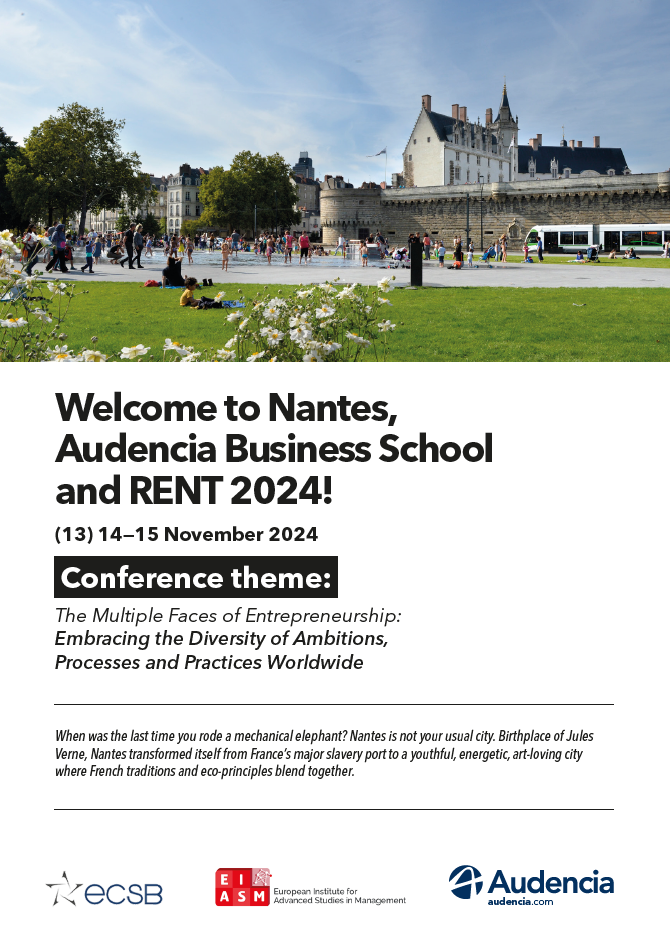
 Audencia – 8 Rte de la Jonelière, 44300 Nantes, France
Audencia – 8 Rte de la Jonelière, 44300 Nantes, France 14-15 November, 2024 – 13 november Preconference events (PDW, Doctoral Day & Policy Forum)
14-15 November, 2024 – 13 november Preconference events (PDW, Doctoral Day & Policy Forum) Submission Deadline May 15, 2024 (23:59 am CET) – https://rent-conference.org/submission-guidelines/abstract-paper-poster-guidelines
Submission Deadline May 15, 2024 (23:59 am CET) – https://rent-conference.org/submission-guidelines/abstract-paper-poster-guidelines
